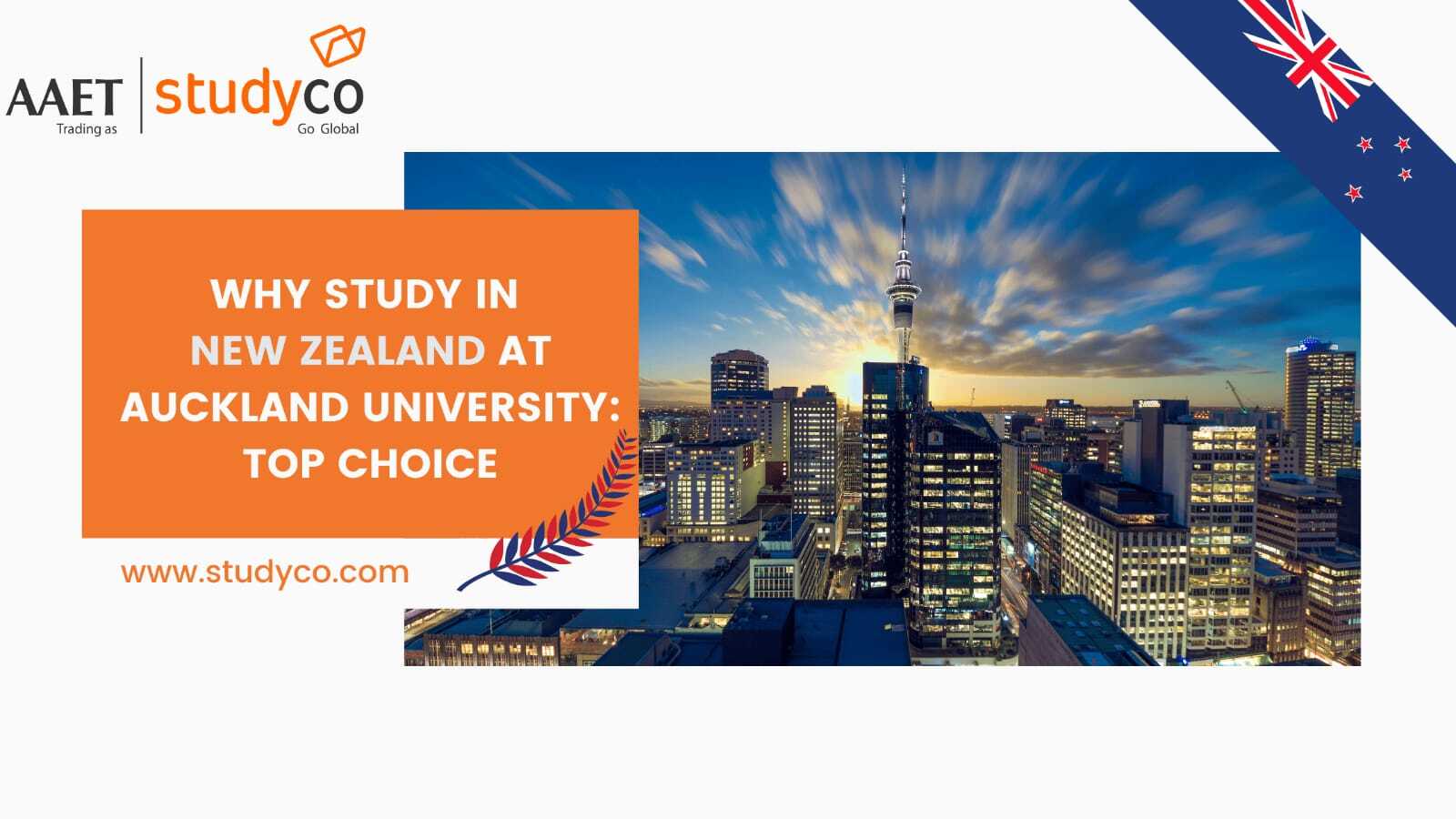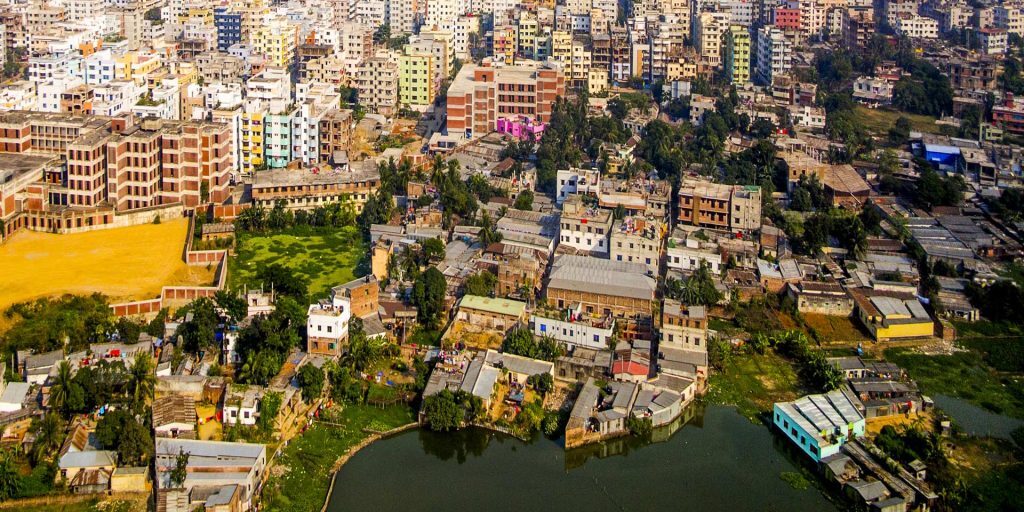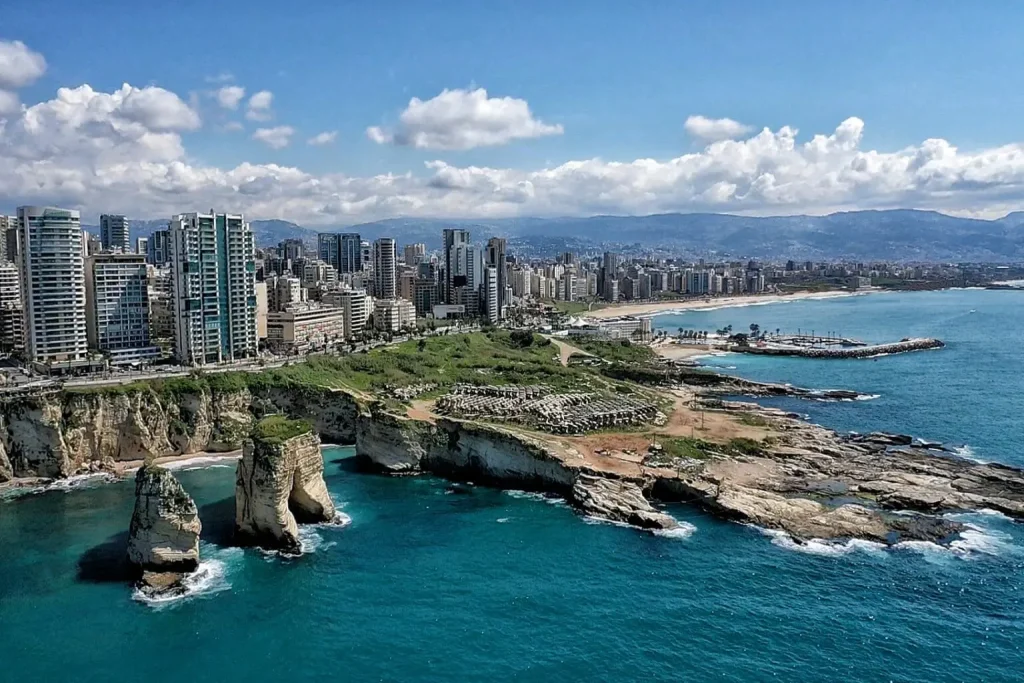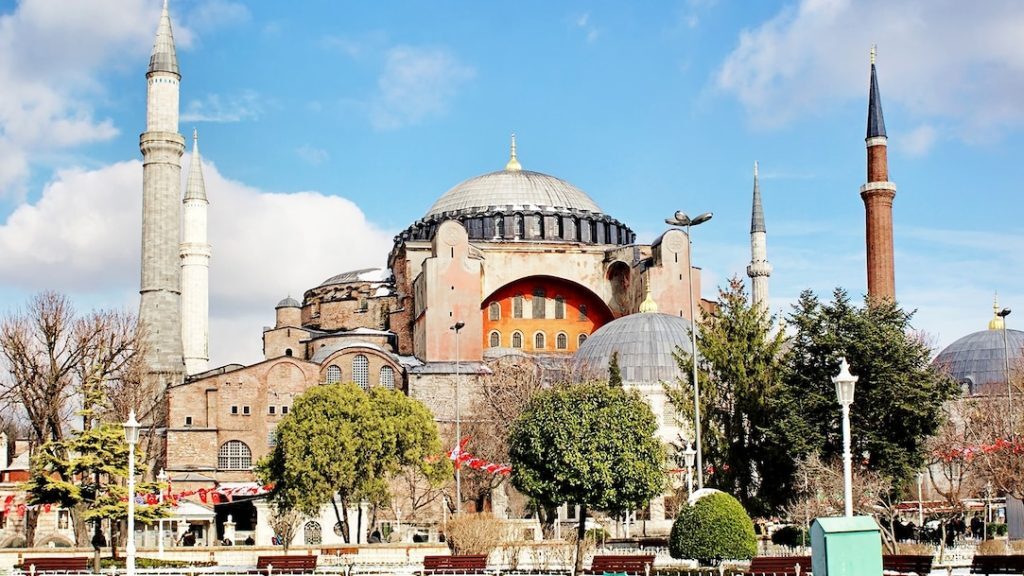

Australia is considered to be one of the best countries for quality higher education. According to the 2020 QILT Rankings, Australia’s top public universities are in the top 2.5% in the world, which means that studying in Australia will give you a world class education. The standard of excellence is set by universities with recognisable groups like the G8, ATN & the IRU. When looking for work in the future, this can be a great selling point in your favour!
Australia is also one of the best places to live. It is a young, vibrant and friendly country in which students can live, learn and grow. True culture melting Cities like Melbourne are known to host nationals from over 80 (Eighty) countries. Differences are embraced in Australia, every year Australia celebrates different cultures on Harmony Day and on the National Multicultural Festival. So if you want a quality education and a good lifestyle, Australia’s the place to be.
Australia boasts 37 government-funded and two private universities, with the University of Sydney, founded in 1850, being the oldest. Notable institutions include the Group of Eight, featuring the University of Adelaide and the top-ranked Australian National University in Canberra. Australia ranks 4th globally for quality of life and has four cities in the top 10 most livable worldwide, with Melbourne topping The Economist’s 2017 list, followed by Sydney and Perth.

The Australian education system has a strong international reputation and is known for its effective structure and innovative policy developments. Many other countries, eager to improve their own education systems, turn to Australia for advice. Institutions must support international students in adjusting to study and life in Australia, achieving their learning goals and satisfying the learning outcomes of their course.
Australia has the third-largest international student enrollment globally, following the USA and the UK
The Australian education system is ranked 4th globally for quality of education.
Australia boasts four cities in the top 10 most livable cities globally.
Vibrant Multicultural Nation
Australia is also one of the best places to live. It is a young, vibrant and friendly country in which students can live, learn and grow. True culture melting Cities like Melbourne are known to host nationals from over 80 (Eighty) countries. Differences are embraced in Australia, every year Australia celebrates different cultures on Harmony Day and on the National Multicultural Festival. So if you want a quality education and a good lifestyle, Australia’s the place to be.
Academic Excellence
Australia has 37 government-funded universities and two private universities, as well as a number of other specialist institutions that provide approved courses at the higher education level. The University of Sydney is Australia’s oldest university, having been founded in 1850, followed by the University of Melbourne three years later. Other notable universities include those of the Group of Eight leading tertiary institutions, including the University of Adelaide, the Australian National University located in the national capital in Canberra, which is ranked 1st in Australia, and 27th in the world by the QS World University Rankings (2021), Monash University and the University of New South Wales.
Quality and Standards
According to the worldwide Quality-of-Life Index for 2021, Australia is 4th worldwide for the quality of life and 4 of the top 10 livable cities in the world are in Australia. While the 2011 index shows that all of Australia’s major cities fare well in global comparative livability surveys where Melbourne ranked 1st on The Economist’s 2017 World’s Most Livable Cities list, followed by Sydney and Perth in seventh and ninth place respectively.
Intakes
The main intakes offered by Universities are in June/July and January/February. Some colleges may also have intakes in March and November.


Australia’s education system is internationally renowned for its effective structure and innovative policies. Many countries seek advice from Australia to enhance their education systems. Institutions support international students in various aspects, including legal services, emergency and health services, facilities, complaints and appeals processes, and visa conditions.
Key Points:
Australian Groups of Universities:
Universities form groups that highlight differences in focus and objectives.
Study Costs:
Migration regulations require international students to show evidence of financial capability. This helps to ensure students are better able to make the most of their studies and have a safe and enjoyable experience in Australia.
PhD Degree:
Around 50% of international students study in Australia.
Master and PhD students can work full-time during their courses.
Master By Research Degree:
Involves advanced research and critical evaluation with a research supervisor.
Master By Coursework Degree:
Enhances professional skills with support and guidance.
Graduate Certificate & Diploma:
Postgraduate studies designed as a prerequisite for a Master’s degree.
Bachelor Degree:
Provides initial preparation for professional careers and postgraduate study.
Foundation Degree:
Prepares international students for tertiary education.
Vocational Education:
The Australian Technical and Further Education (TAFE) system offers clear pathways.
Secondary Education:
Australia offers quality, internationally recognized secondary education.
English Program:
The ELICOS sector is crucial, with 140,102 student enrolments in 2010.
To begin studying in Australia, there are a range of entry requirements you may have to meet. Requirements may vary depending on the level of education you want to study.
Applicants are required to provide results of an English language test. The English language skill level might defer from one institution to another or depending on the desired program.
Applicants who completed a 1-2 year Academic studies in English will not be required to provide evidence of English language skill and will be able to enter the program directly.
Applicants interested in commencing undergraduate studies are required to have an Australian senior secondary Certificate of Education (Year 12), or the overseas equivalent.
Applicants interested in commencing Postgraduate studies are required to have an Australian Bachelor’s degree, or graduate diploma/graduate certificate from a recognised tertiary institution with a minimum credit (65 per cent). Qualifications awarded outside Australia can also be used for admission but equivalencies and entry requirements are determined based on the country, institution, and qualification.
GPA:
The Australian Educational system, Universities and Institutions adopt a GPA scale to assess and process applications.
The GPA scale might defer from one Institution to another and can be different from one country to another, thus, the GPA measure might be imprecise and the Australian educational system will assess applicants GPA based on the educational institution and country previous studies and qualification completed.
Applicants must be aware of the financials and the cost when choosing Australia as their destination of study, applicants will be required to have access to funds including full year of tuition fees, (1) year of living expenses and an overseas health cover plus a 2 ways home flight tickets.
Genuine Temporary Entrant (GTE) requirement
The GTE form means a person who satisfies the genuine temporary entrant criterion for student visa. Student Visa applications requires the applicant to support and satisfy the intention to genuinely stay in Australia temporarily.
A form must be completed by applicants (Students) supporting a genuine intention to temporarily enter and remain in Australia for Educational causes only.
Decision makers will regard to the applicants circumstances in their home country and the applicant’s potential circumstances in Australia.
The applicant’s circumstances in their home Country:
The applicant’s potential circumstances in Australia
Evidence that the student visa program is being used to circumvent the intentions of the migration programme
Whether the student visa or Student Guardian visa is being used to maintain ongoing residence
Whether the primary and secondary applicant(s) have entered into a relationship of concern for a successful student visa outcome. Where a decision maker determines that an applicant and dependant have contrived their relationship for a successfull Student visa outcomes, the decision maker may find that both applicants do not satisfy the genuine temporary entrant criterion.

Planning to study in Australia? Get tailored information based on your home country. Find out about visa requirements, admission processes, scholarships, and more.
























StudyCo specializes in providing education opportunities for international students in leading destinations around the world, such as Australia, Canada, the USA, the UK, New Zealand, Malaysia, and Europe.
+61 468 440 780 (AUS)
+971 50 2973853 (UAE)
+968 9192 9830 (Oman)
+966 50 257 8847 (KSA)
+55 11 916194754 (Brazil & Colombia)


Copyright © 2025 StudyCo
Automated page speed optimizations for fast site performance